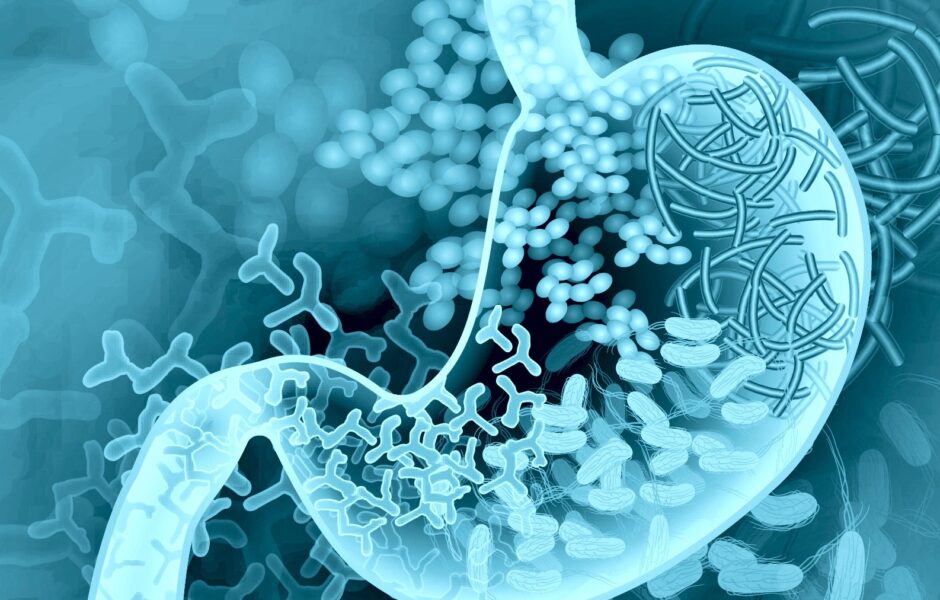The microbiome refers to the collection of microorganisms, including bacteria, viruses, fungi, and protozoa, that live in and on the human body. The majority of the microbiome is found in the gut, where it plays a crucial role in many aspects of health, including digestion, metabolism, and immune system function. In recent years, there has been growing evidence linking the microbiome to autoimmune disorders, leading to a deeper understanding of the role the microbiome plays in the development and progression of these conditions.
Researchers have begun to explore the relationship between the microbiome and autoimmunity, a condition in which the immune system mistakenly attacks healthy tissues. There is evidence to suggest that changes in the microbiome, such as alterations in the composition or abundance of certain microorganisms, can contribute to the development of autoimmunity. Some of the most common autoimmune disorders include rheumatoid arthritis, lupus, and type 1 diabetes.
Studies have shown that changes in the composition and diversity of the microbiome can affect the balance of the immune system, leading to an overactive immune response and the development of autoimmune disorders. For example, research has shown that people with rheumatoid arthritis have a distinct gut microbiome composition compared to healthy individuals, suggesting that changes in the microbiome may contribute to the development of this autoimmune disorder.
One way in which the microbiome may influence autoimmunity is through its impact on the gut-associated lymphoid tissue (GALT), which is a key component of the immune system. The GALT is in direct contact with the gut microbiome and is responsible for both tolerating harmless gut microorganisms and recognizing and responding to pathogens. When the balance of the microbiome is disrupted, it can alter the function of the GALT and increase the risk of autoimmunity.
Additionally, the microbiome may also play a role in the progression of autoimmune disorders. Studies have shown that changes in the microbiome can exacerbate symptoms of autoimmune disorders and contribute to the development of comorbidities, such as obesity, metabolic syndrome, and cardiovascular disease. This highlights the importance of maintaining a healthy and diverse microbiome in order to prevent the development and progression of autoimmune disorders.
Another potential mechanism by which the microbiome may contribute to autoimmunity is through the production of certain metabolites and cytokines. The gut microbiome is involved in the production of many important compounds, including short-chain fatty acids, which are essential for maintaining gut health and regulating immune system function. When the microbiome is imbalanced, it can result in the production of harmful metabolites, such as lipopolysaccharides, that can contribute to the development of autoimmunity.
There is also evidence to suggest that the microbiome may play a role in modulating the response of the immune system to environmental triggers, such as infections, dietary factors, and stress. Changes in the microbiome, particularly those resulting from antibiotics, can result in a shift in the balance of immune cells and increase the risk of autoimmunity.
As you can see, the microbiome has a complex relationship with autoimmunity, and further research is needed to fully understand the mechanisms by which it contributes to the development of this condition. However, it is clear that the microbiome plays a critical role in maintaining immune system function and preventing autoimmunity. Strategies to maintain a healthy microbiome, such as consuming a diet rich in fiber and fermented foods, avoiding antibiotics whenever possible, and reducing stress, may play an important role in reducing the risk of autoimmunity.
To learn more about autoimmunity and the microbiome check out my new book, The Tiger Protocol



